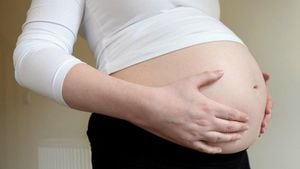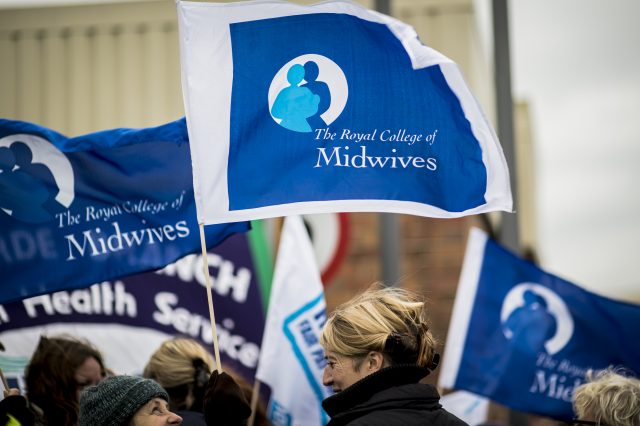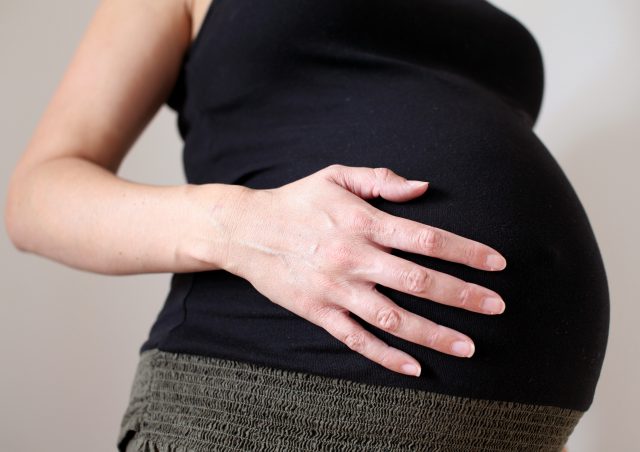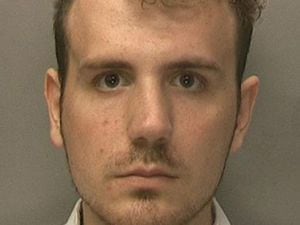Baby heartbeat detectors should be banned, says pregnancy charity
Kicks Count said the hand-held devices may fail to detect imminent stillbirth.

Doppler machines that enable pregnant women to check their baby’s heartbeat offer false reassurance and should be banned, campaigners have warned.
The charity Kicks Count – which encourages women to keep a close check on baby movements – said the hand-held devices may fail to detect imminent stillbirth.
The Royal College of Midwives (RCM) also warned against women using the machines, saying it is too easy to confuse sounds coming from the mother with those from the baby.
Home dopplers are available to buy for around £30, while phone apps also claim to monitor an unborn baby’s heartbeat.
Kicks Count is calling on the Government to ban home dopplers, and a petition on the issue has so far attracted more than 7,000 signatures.
Elizabeth Hutton, chief executive of the charity, said: “Midwives and doctors train for many years to interpret what they hear through a doppler.
“It is a medical device, not an object to be used for entertainment. An untrained pregnant woman does not have the necessary skills to understand what she is hearing.

“The placenta, and the mother’s heartbeat can both easily be mistaken for a foetal heartbeat and women can be falsely reassured.
“Our advice has always been that women should seek professional medical advice if they notice a change in their baby’s movements.
“The presence of a heartbeat does not mean the baby is well, only that it is still alive. If the baby is in distress, this is when medical attention should be sought.
“Waiting until they can no longer find a heartbeat means it is sadly too late to save that baby.”

Figures show there are more than 3,600 stillbirths every year in the UK, with one in every 200 births ending in a stillbirth.
Mandy Forrester, head of quality and standards at the Royal College of Midwives (RCM), said: “The RCM has concerns about the use of personal doppler machines.
“We have two key concerns: firstly, the machines can lead to unnecessary stress for women when they are unable to find a heartbeat using the personal doppler and secondly, that women may be falsely reassured by hearing what they think is their baby’s heartbeat when it is actually their own.
“The sound that is heard is not the real heart sound but the machine detecting heart movement, therefore picking up a maternal pulse or blood pumping through placenta could give false reassurance.
“Such reassurance could be dangerous as it may delay a woman in seeking advice from her midwife. Even if the mother has picked up the baby’s heartbeat this is not an indication that the baby is well.”





